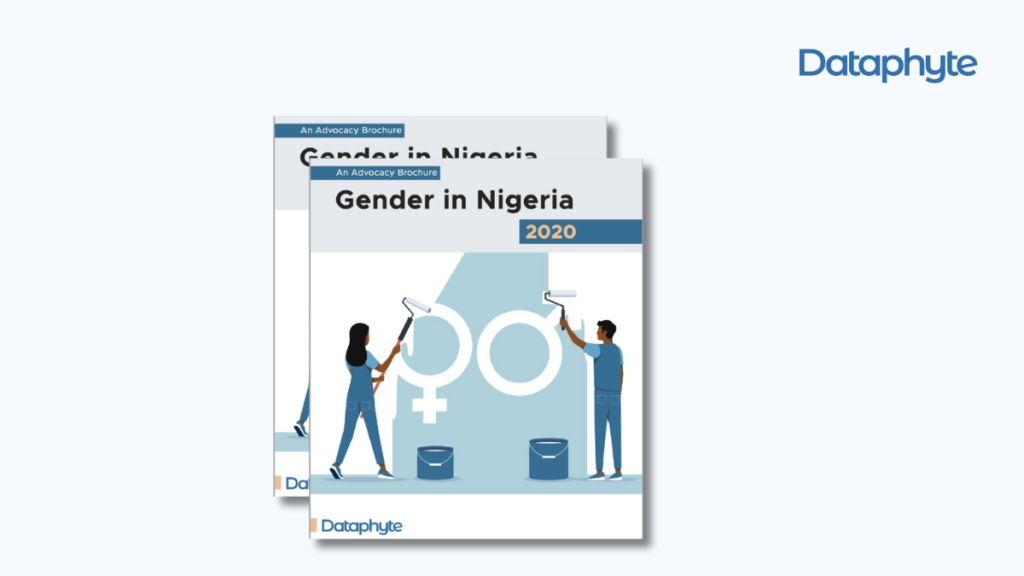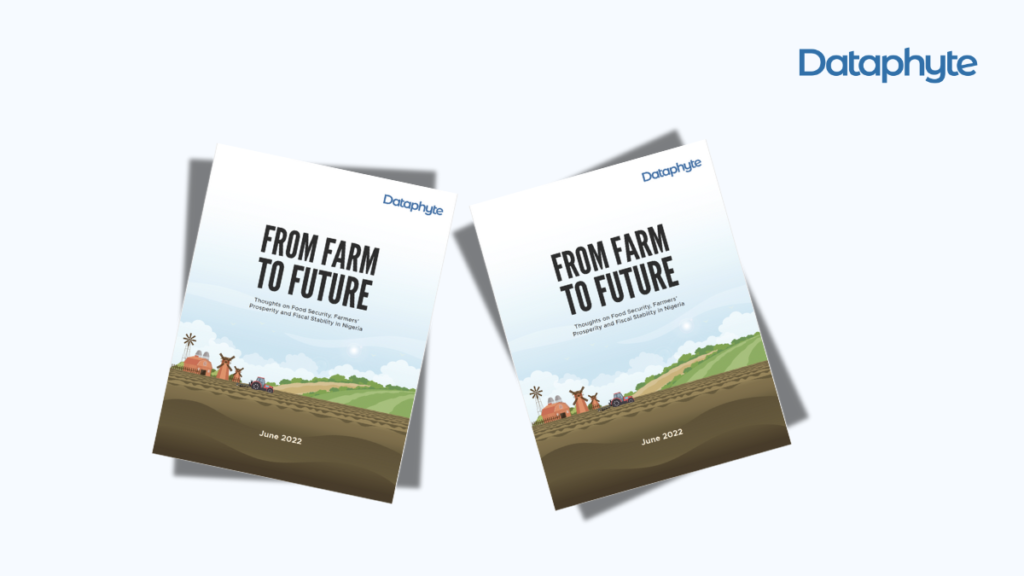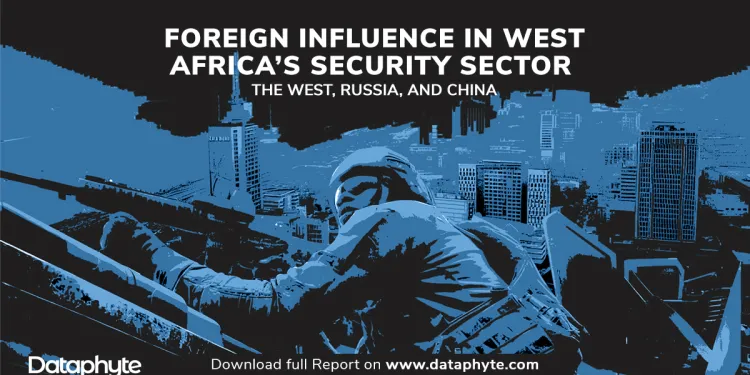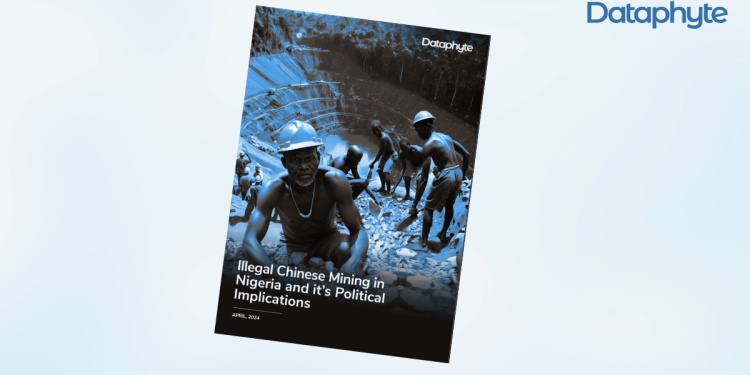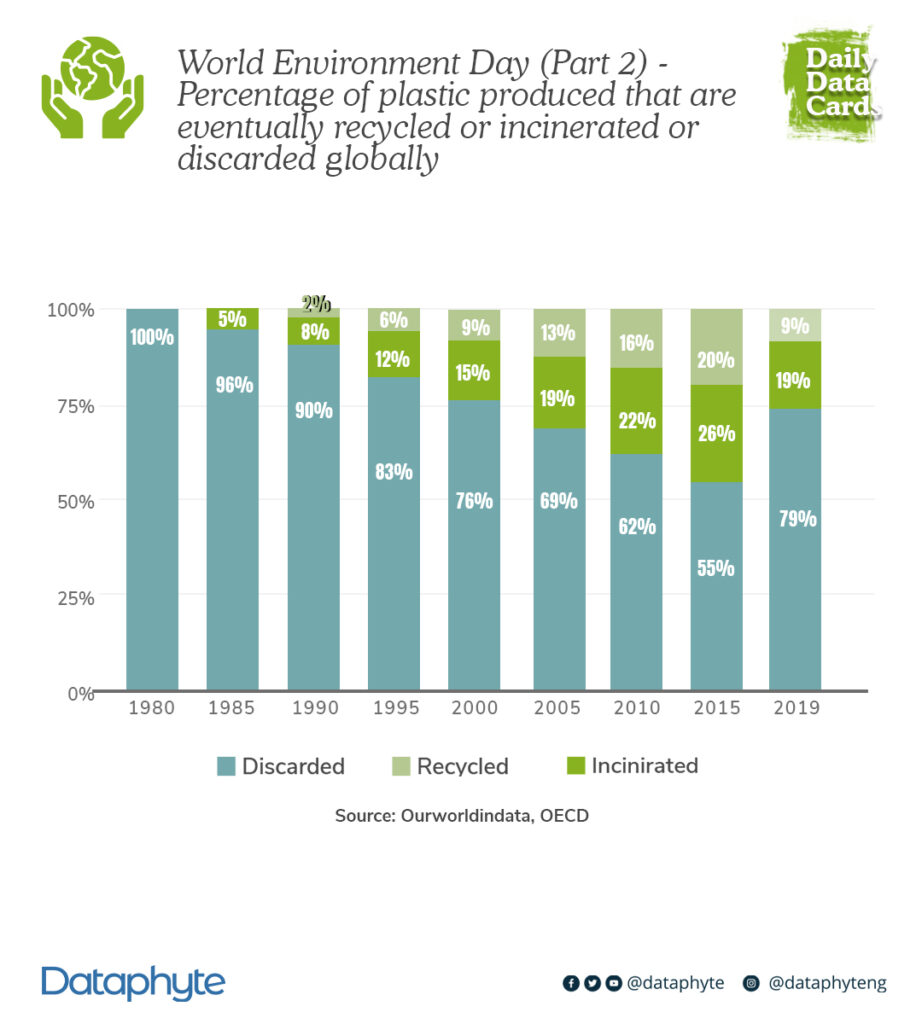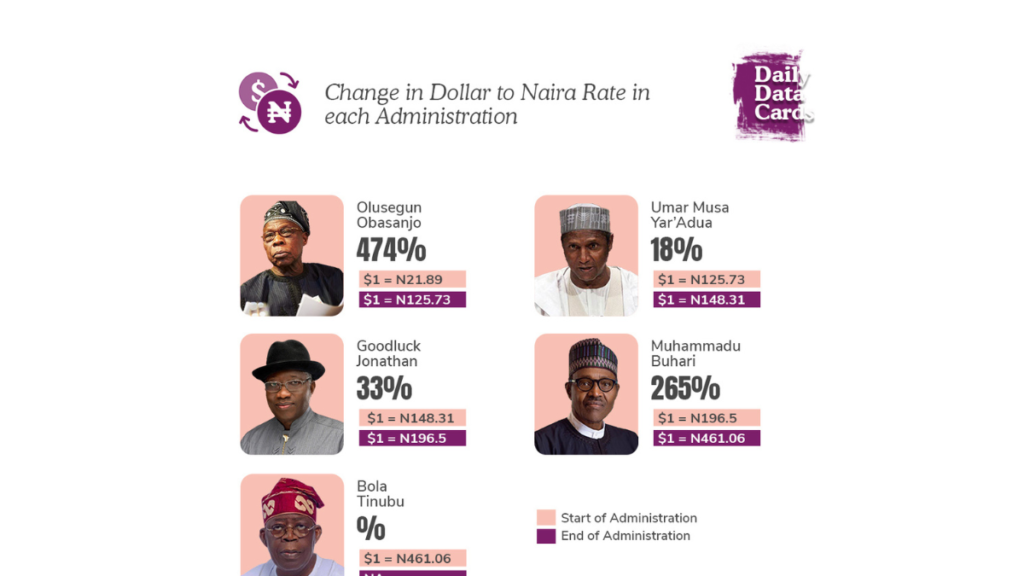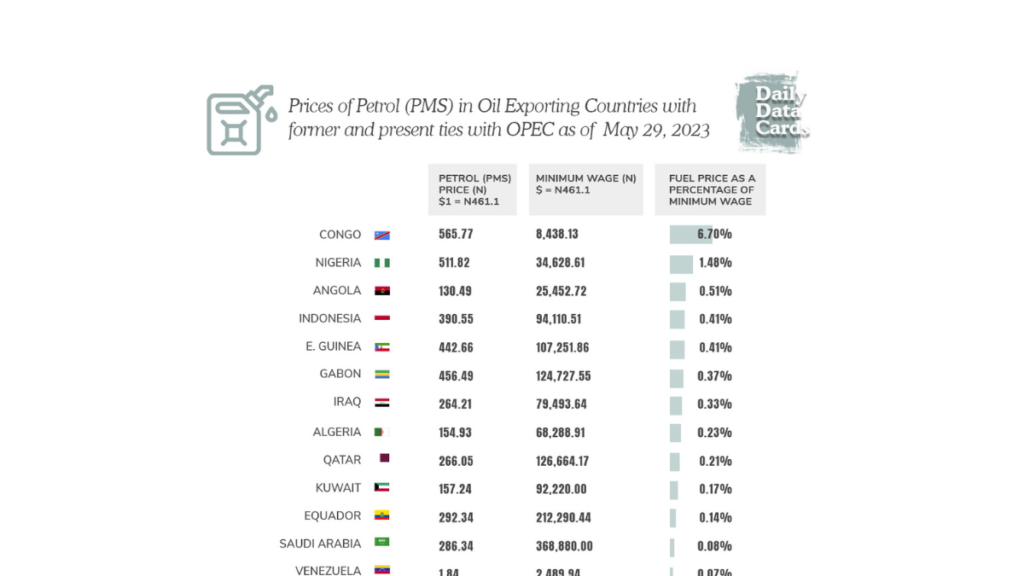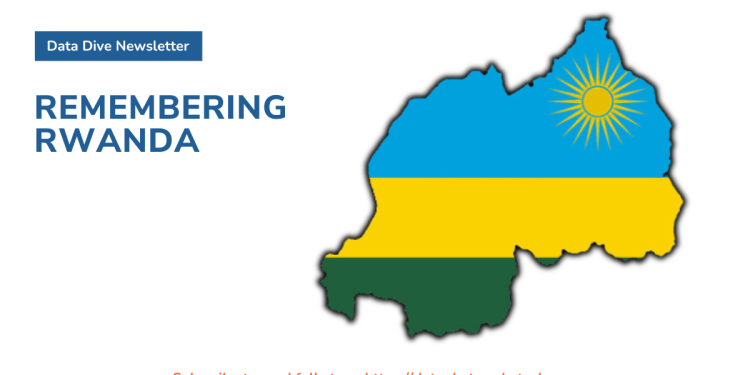The Media’s Agenda-Setting Role: Insights from the Coverage of Nigeria’s 2023 Elections
Dataphyte, an organisation dedicated to providing access to data, research services, and training, has released a comprehensive study examining the agenda-setting role of the Nigerian media, particularly in election coverage. Titled “The Media’s Agenda-Setting Role: Insights from Coverage of Nigeria’s 2023 Elections,” the study assessed the nature of media coverage during the 2023 elections in […]
The Media’s Agenda-Setting Role: Insights from the Coverage of Nigeria’s 2023 Elections Read More »
Posts
